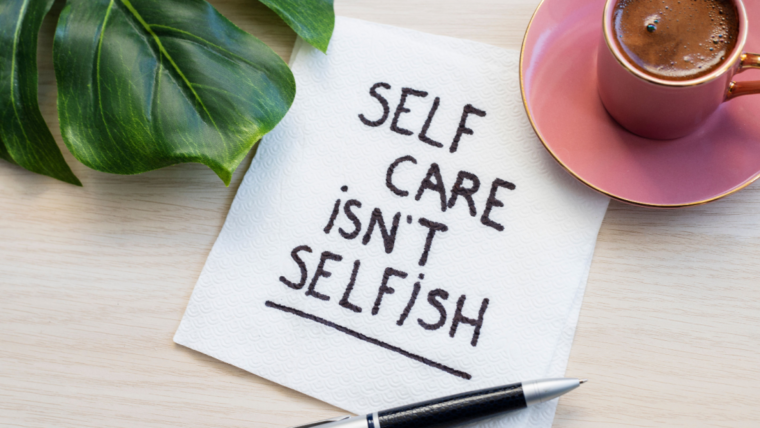In a world that often glorifies hustle culture and busy schedules, the importance of a good night’s sleep can easily be overlooked. Yet, quality sleep is a cornerstone of overall health and well-being. As someone who understands the transformative power of restful nights, I’m excited to guide you through Sleep Hygiene 101—an exploration of the crucial role of sleep, along with practical tips to improve your sleep hygiene and foster the rejuvenating rest you deserve.
The Crucial Role of Sleep in Overall Health
Before we delve into the tips for better sleep, let’s shine a spotlight on the essential role sleep plays in maintaining optimal health. From cognitive function to immune system support, sleep is a vital component of our daily lives. Adequate, quality sleep not only ensures our bodies recover but also contributes to mental clarity, emotional resilience, and overall vitality.
Practical Tips for Improving Sleep Hygiene
- Establish a Consistent Sleep Schedule: Set a regular sleep and wake time, even on weekends. This helps regulate your body’s internal clock, making it easier to fall asleep and wake up naturally.
- Create a Relaxing Bedtime Routine: Engage in calming activities before bedtime, such as reading a book, taking a warm bath, or practicing gentle yoga. Establishing a routine signals to your body that it’s time to wind down.
- Optimize Your Sleep Environment: Ensure your bedroom is conducive to sleep. Keep the room dark, quiet, and cool. Invest in a comfortable mattress and pillows that support a restful night’s sleep.
- Limit Screen Time Before Bed: The blue light emitted by phones, tablets, and computers can interfere with melatonin production, making it harder to fall asleep. Aim to reduce screen time at least an hour before bedtime.
- Watch Your Diet: Be mindful of what you eat and drink, especially in the evening. Limit caffeine and heavy meals close to bedtime, and consider a light, sleep-friendly snack if you’re hungry.
- Stay Active During the Day: Regular physical activity has been linked to better sleep. Incorporate exercise into your daily routine, but aim to finish intense workouts at least a few hours before bedtime.
- Manage Stress and Anxiety: Develop stress management techniques, such as meditation, deep breathing, or journaling, to help calm your mind before bedtime. Creating a worry-free mental space is crucial for restful sleep.
- Limit Naps: While short naps can be beneficial, long or irregular napping during the day can interfere with nighttime sleep. If you need to nap, aim for 20-30 minutes in the early afternoon.
- Mind Your Mattress and Pillows: Evaluate your mattress and pillows regularly. If they’re worn out or no longer provide adequate support, it might be time for an upgrade.
- Seek Professional Help if Needed: If sleep problems persist, consider consulting with a healthcare professional or sleep specialist. Chronic sleep issues may be indicative of an underlying health concern that requires attention.
Embrace the Power of Restful Nights
As we conclude this journey into Sleep Hygiene 101, remember that quality sleep is not a luxury; it’s a fundamental aspect of a healthy life. Click on the sections that resonate with your sleep needs, and begin implementing these practical tips into your routine. By prioritizing your sleep hygiene, you’re taking a proactive step towards enhanced well-being, improved cognitive function, and a life filled with more energized and rejuvenated days. Sweet dreams await—embrace the power of restful nights for a healthier, happier you.

